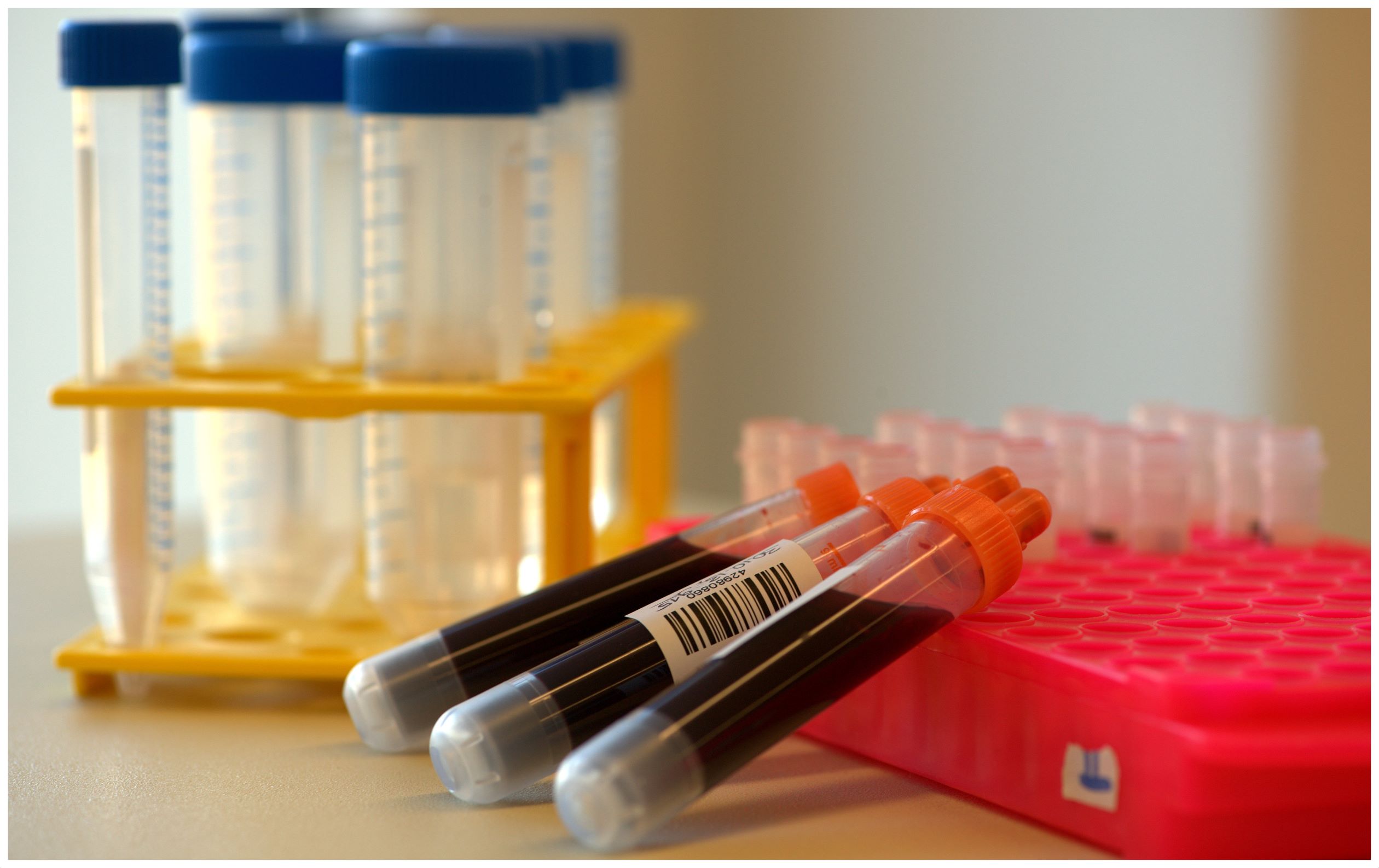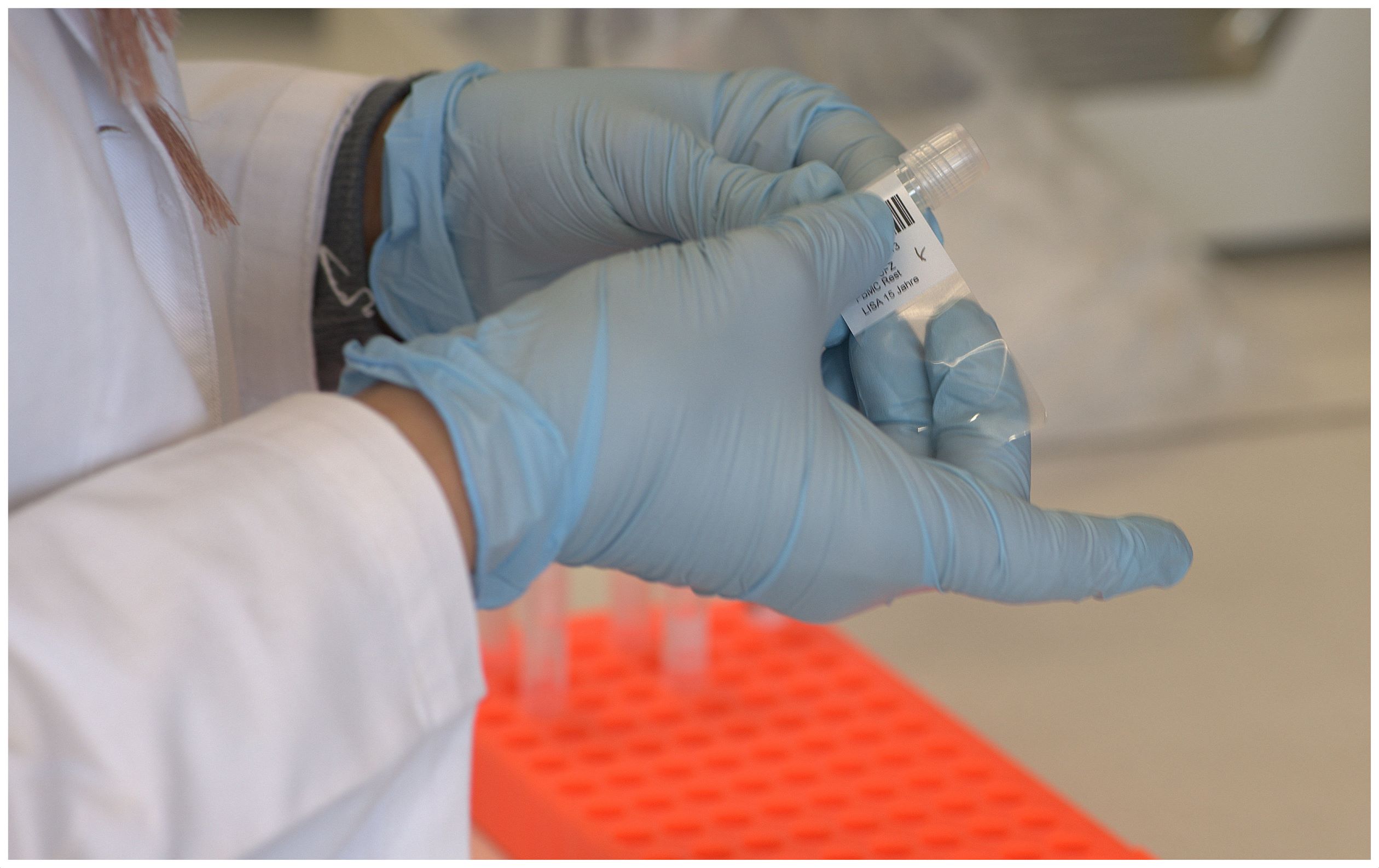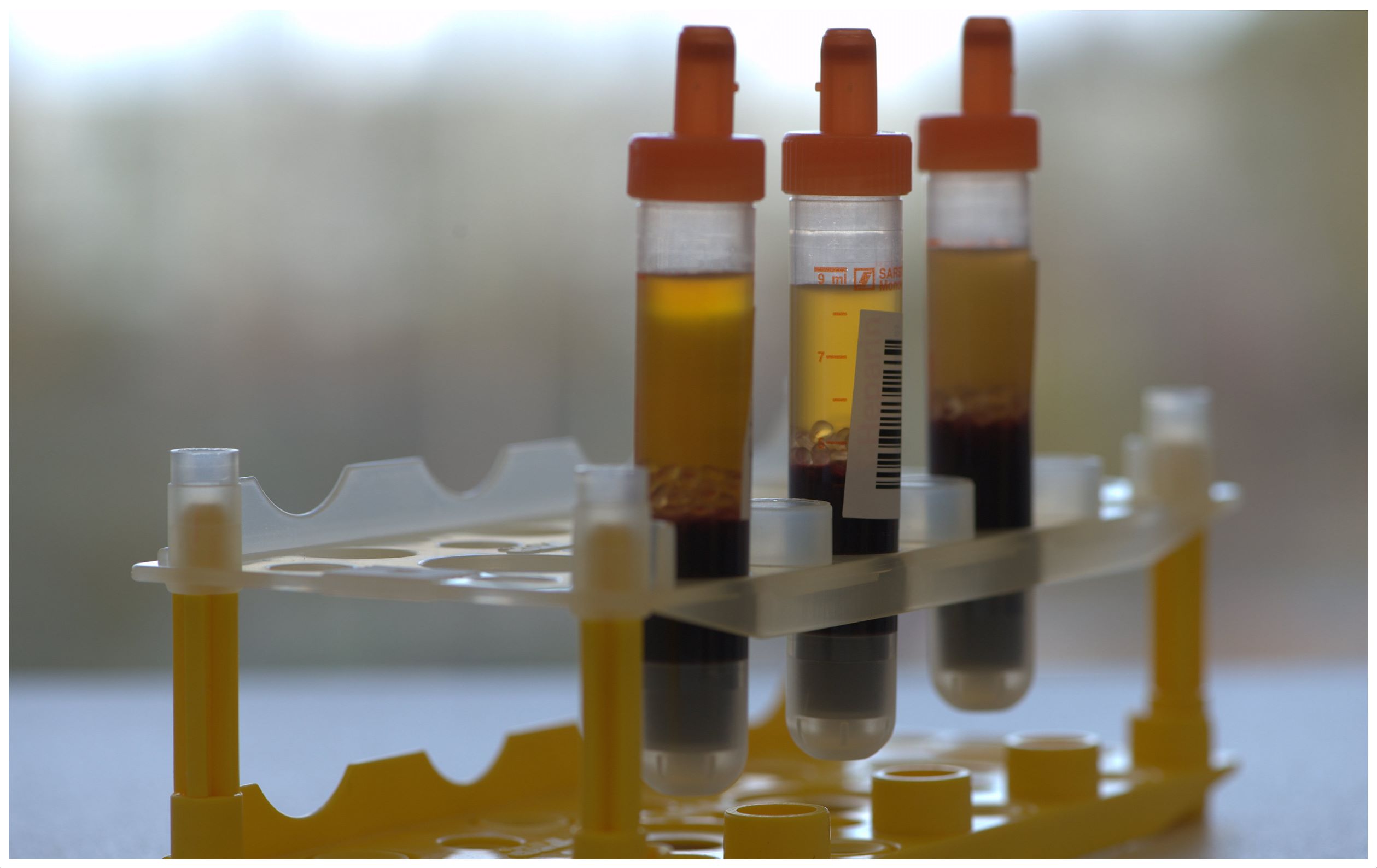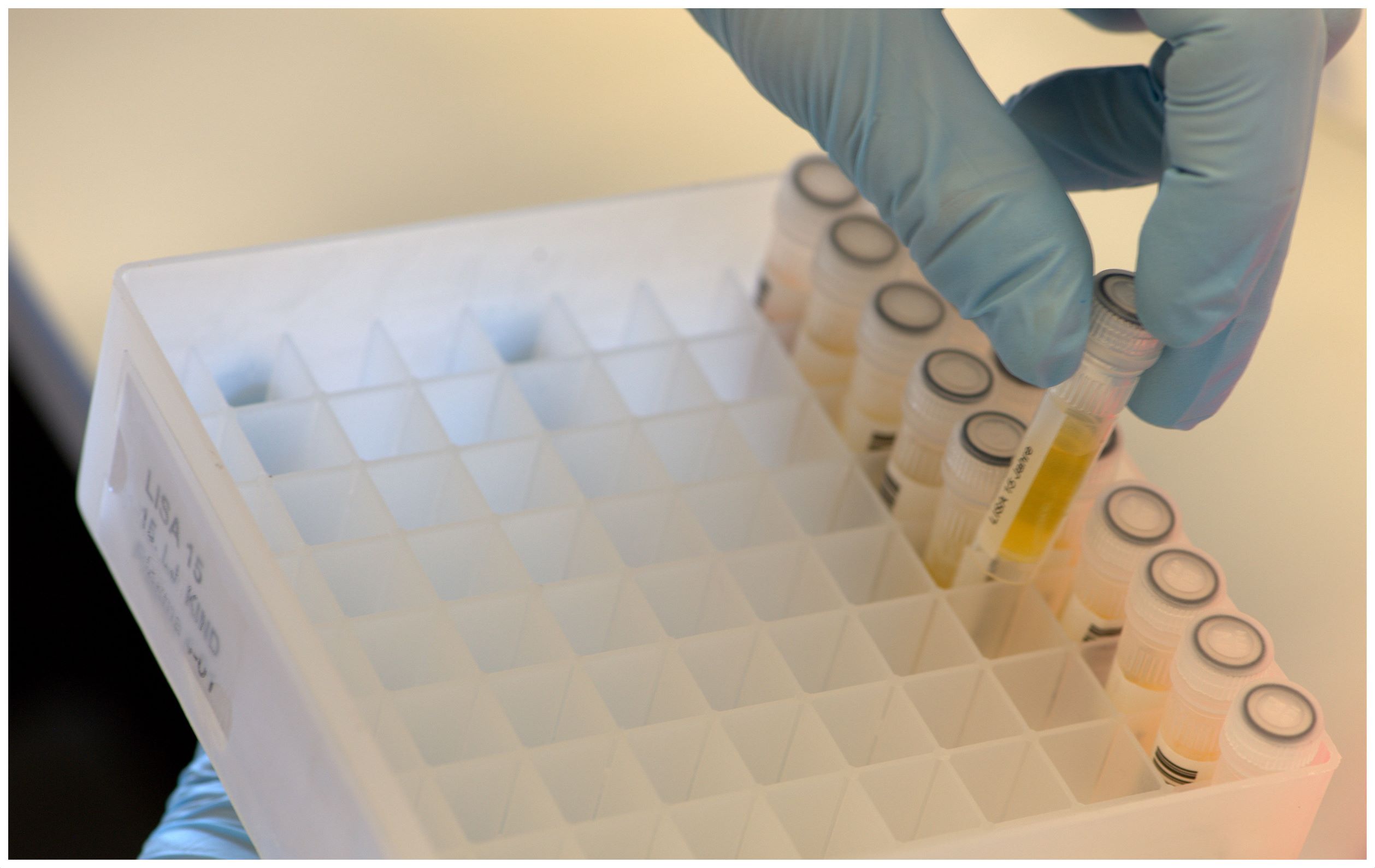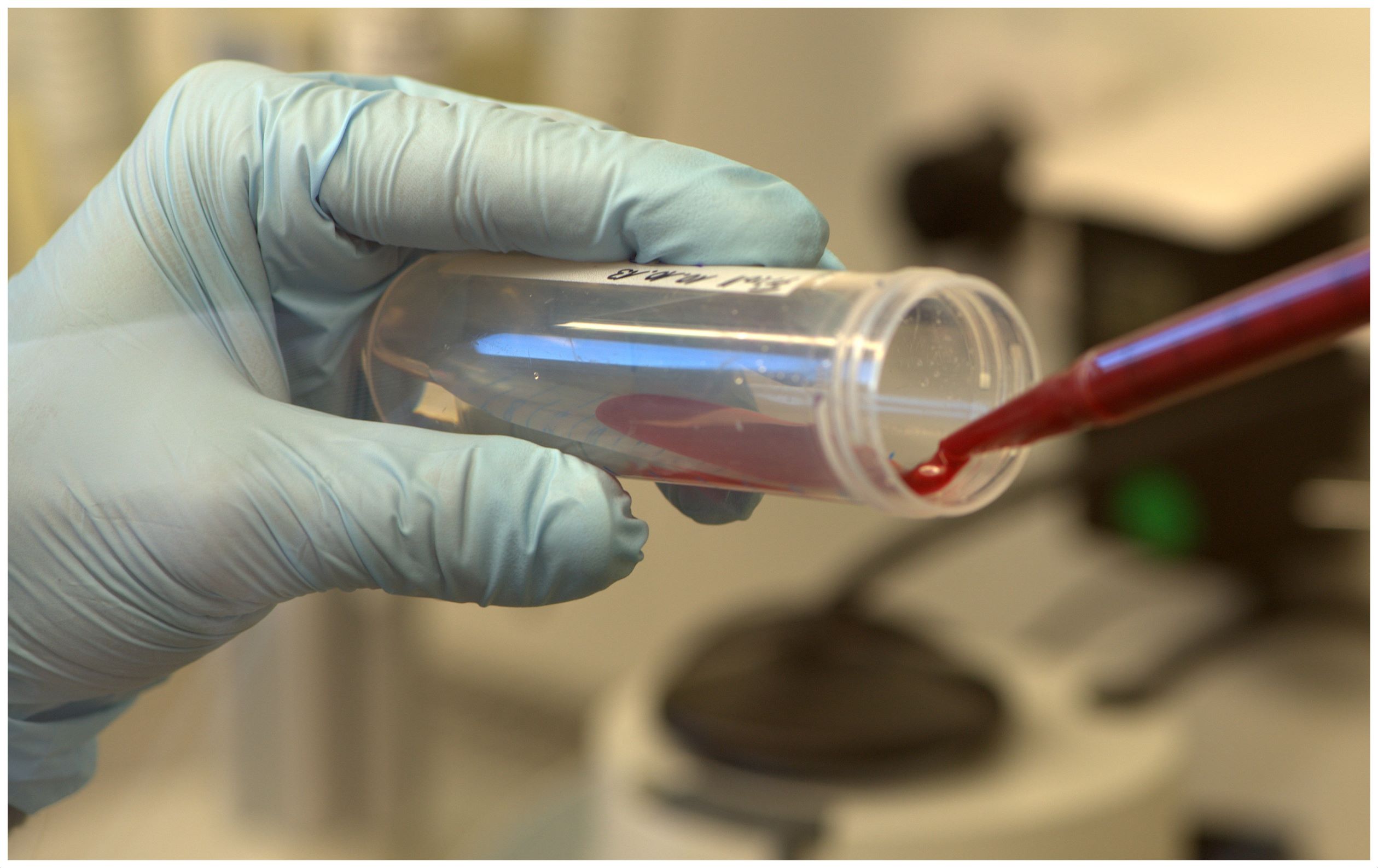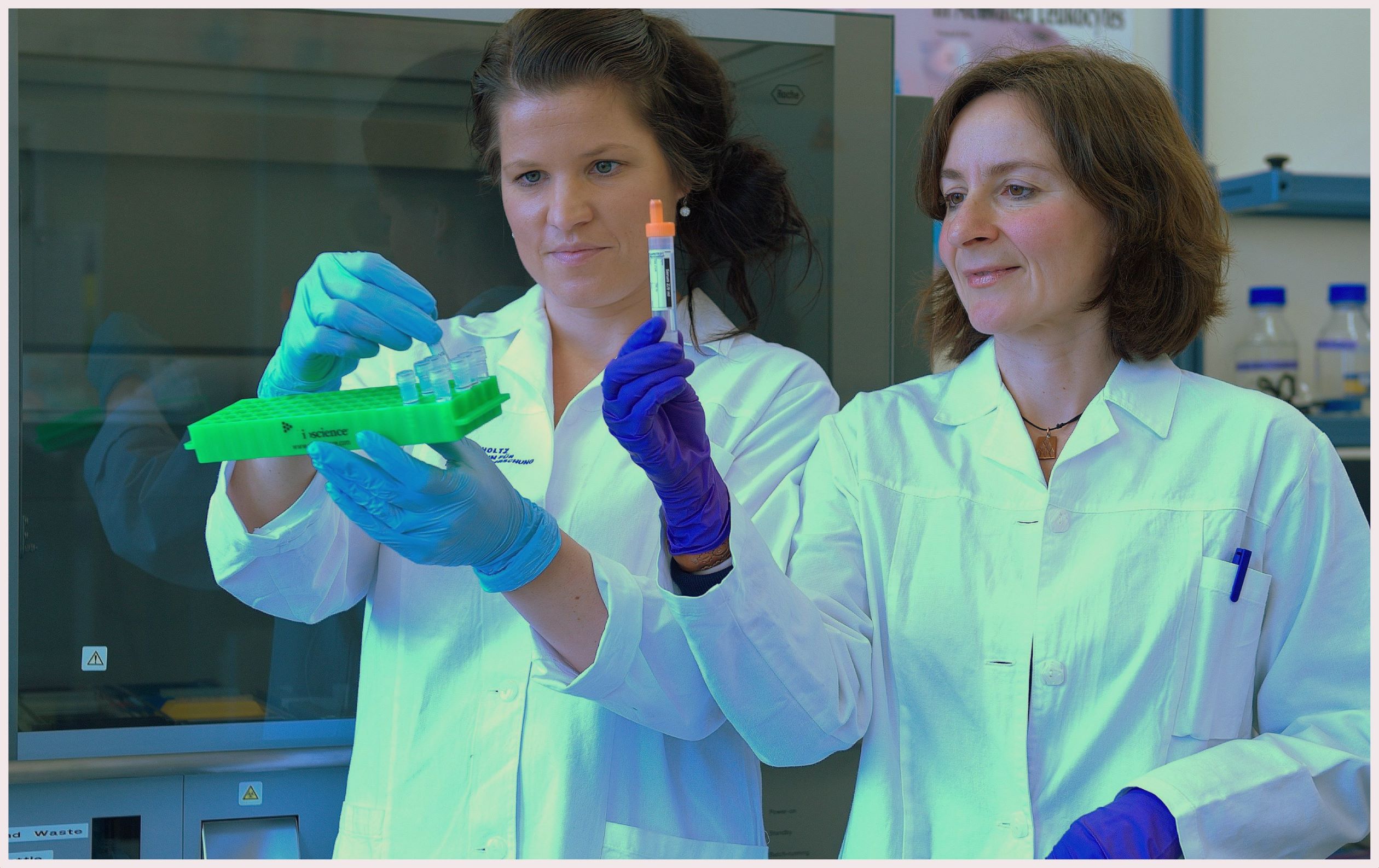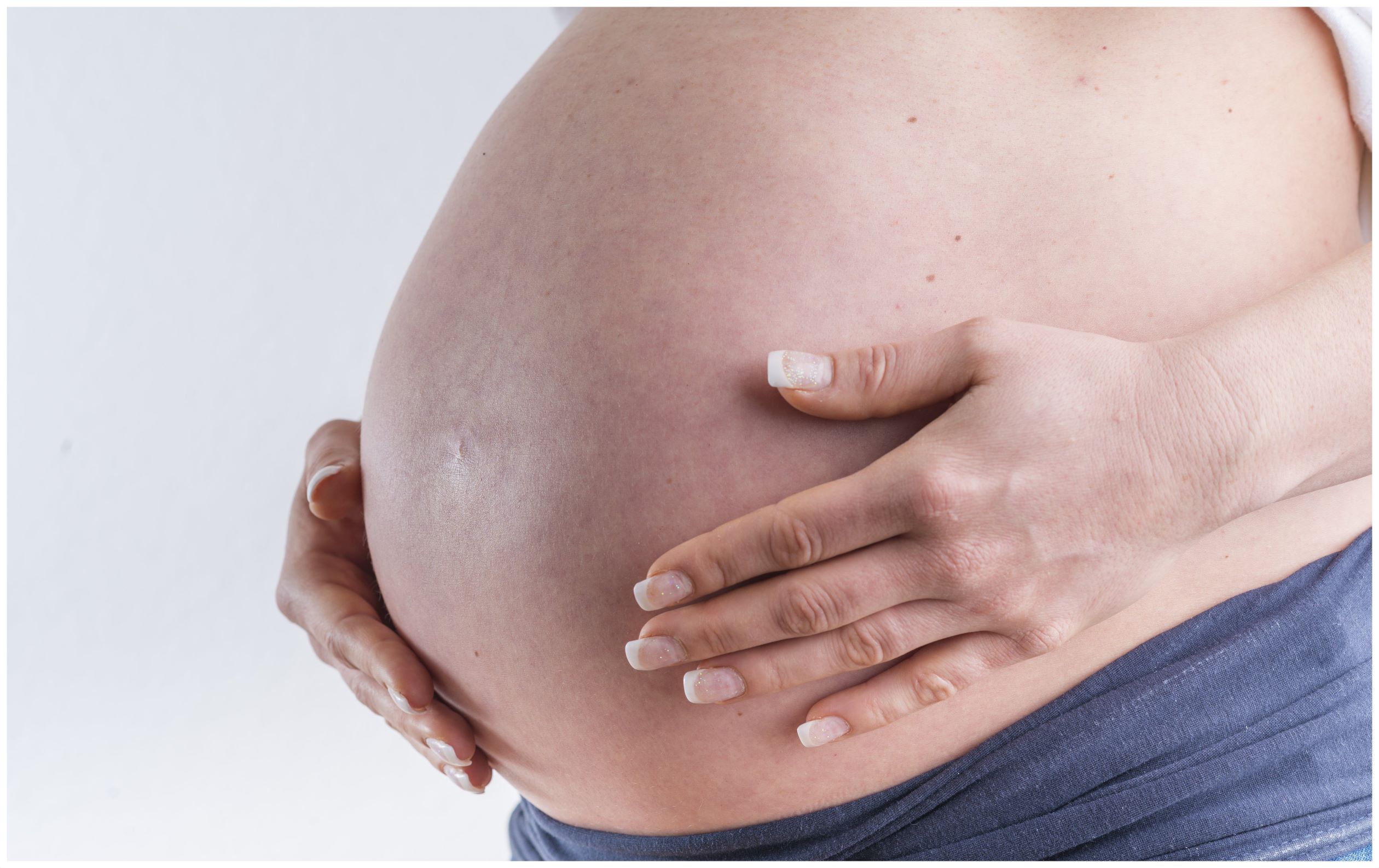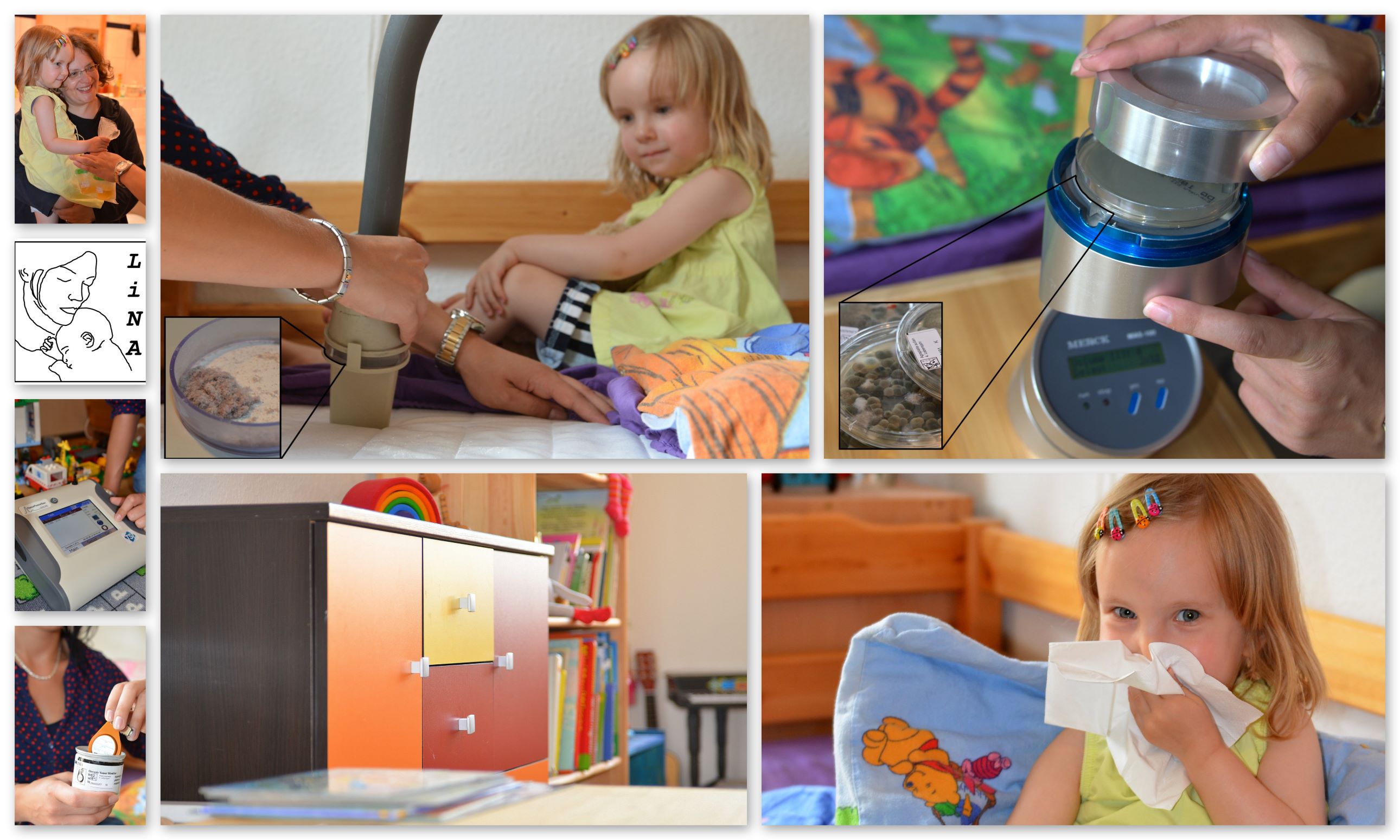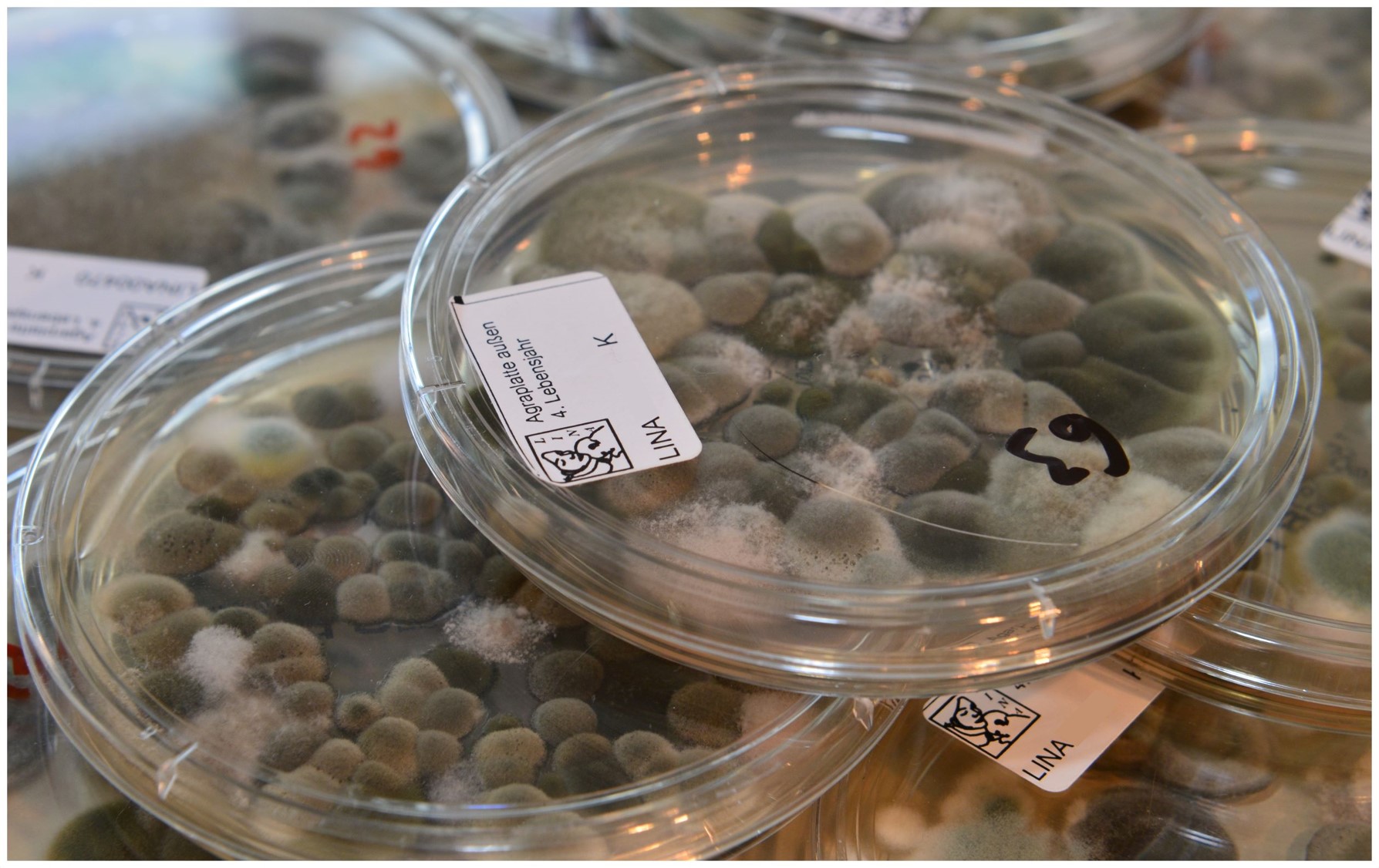Cohorts
Platform Coordinator and Lead (PI) of the LINA study
Study Assistant
Maik Schilde
In the Department Environmental Immunology we use population-based cohorts with the aim to understand how environmental exposure, especially chemicals, in the prenatal and early postnatal phase impact the immune system maturation and the development of diseases. By now we have two running cohorts: the LISAplus study, a German multi-centre birth cohort and the LINA study, a prospective mother-child cohort with participants from the city of Leipzig.
In the maturation phase, prenatally and in early childhood, the human immune systems reacts in a very sensitive manner to environmental burden. Therefore, our research points to this sensitive time window and on the consequences of an environmental-induced altered immune regulation to the development of diseases later in life. Our focus lies on allergic and respiratory disease but metabolic diseases, obesity and behaviour psychological disorders are also analysed in our studies. Annually conducted follow ups of our longitudinal cohorts, since birth of the children, have enabled us to collect a multitude of samples and data which are continuously analysed with state of the art methods.
Results from our cohorts showing a relationship between certain chemicals or environmental pollutants and a higher disease risk are validated with in vitro and in vivo models with the aim to identify the underlying mechanisms and dysregulated molecular pathways. The identification of harmful environmental exposures and the elucidation of underlying mechanisms form the scientific basis for the development of new and efficient diagnostic and therapeutic tools as well as preventive strategies.


